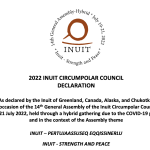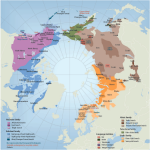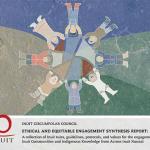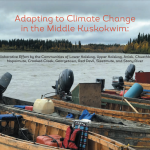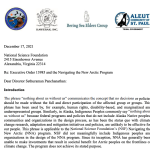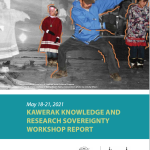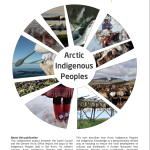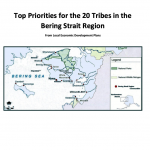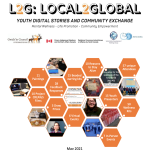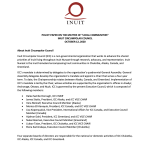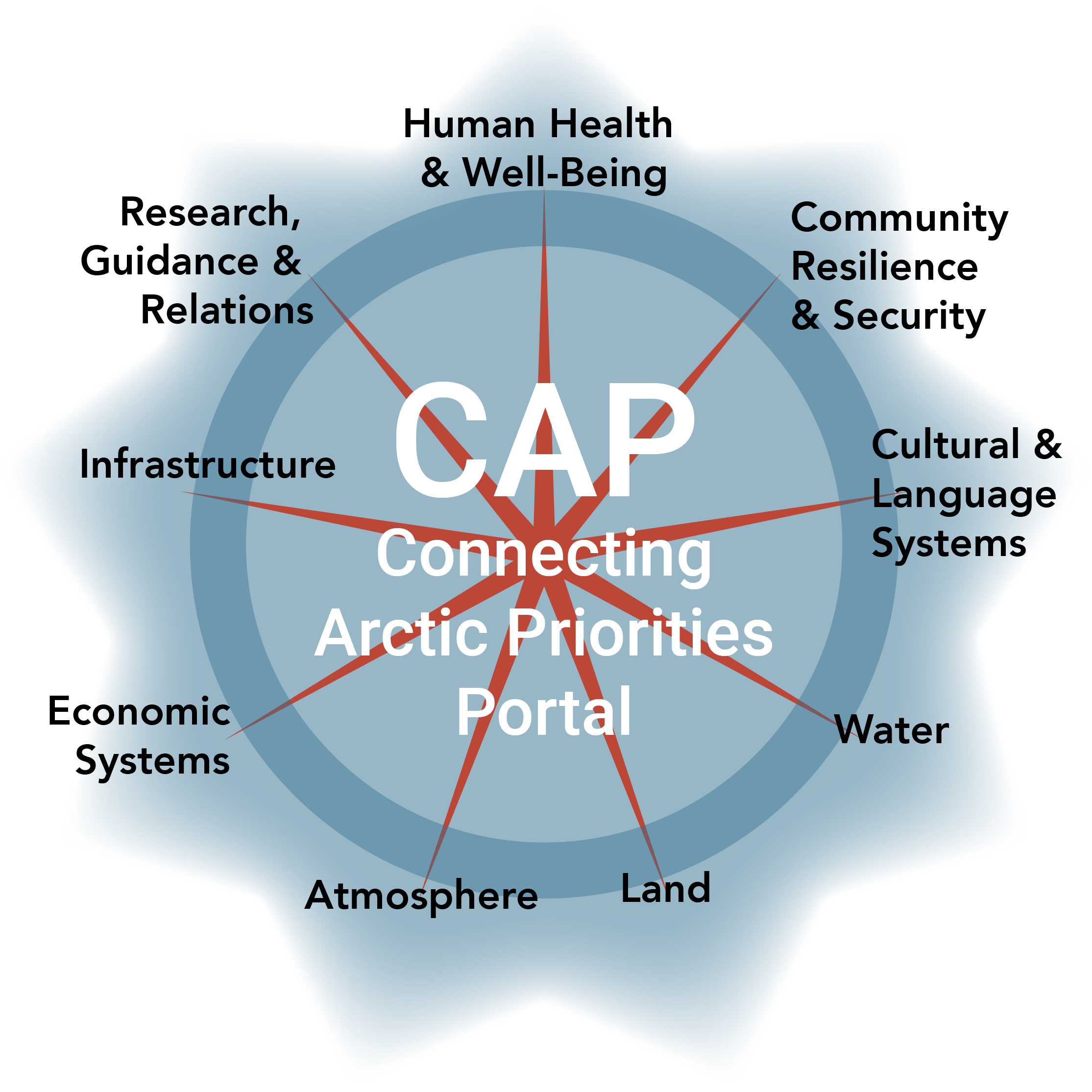 The CAP Portal is a searchable collection of reports and documents written by Tribes, Arctic communities, and Indigenous organizations. The NNA-CO is providing this collection to facilitate awareness of Arctic Peoples’ priorities and values, which may serve to inform Arctic research planning and meaningful engagement.
The CAP Portal is a searchable collection of reports and documents written by Tribes, Arctic communities, and Indigenous organizations. The NNA-CO is providing this collection to facilitate awareness of Arctic Peoples’ priorities and values, which may serve to inform Arctic research planning and meaningful engagement.
The ownership of the documents in this collection remains with the Tribes, Arctic communities, and Indigenous organizations who created and authored them. Use of these resources should not replace community engagement but rather supplement existing strategies for engagement.
Click here to read more about the CAP Portal or to suggest a document to include.
2022 Inuit Circumpolar Council Declaration
Reaffirming that the Inuit Circumpolar Council (ICC) exists as the unified voice for Inuit at the international level. The principal goals of ICC are to strengthen unity among Inuit of the circumpolar region; promote Inuit status, rights, and interests on an international level; develop and encourage long-term policies that safeguard the Arctic environment; and seek full and active partnership in the political, economic, and social development of the Arctic,...
A framework for co-production of knowledge in the context of Arctic research
For too long, Indigenous Peoples of the Arctic and their knowledges have not been equitably included in many research activities. We argue for systematic change in how research-related activities are conducted in the Arctic. Bringing together multiple knowledge systems, specifically Indigenous Peoples' knowledge systems and science, can lead to more equitable, inclusive, and useful outcomes. The co-production of knowledge framework that we forward is designed to assist researchers, decision makers, and communities in moving toward those goals.
ICC Ethical and Equitable Engagement Synthesis Report
A collection of Inuit rules, guidelines, protocols, and values for the engagement of Inuit Communities and Indigenous Knowledge from Across Inuit Nunaat
Adapting to Climate Change in the Middle Kuskokwim
In 2018, the Georgetown Tribal Council received a Bureau of Indian Affairs Tribal Resiliency Program Grant to create a climate vulnerability assessment and adaptation plan for the Middle Kuskokwim region. The Alaska Native Tribal Health Consortium (ANTHC) was contracted to facilitate the climate change adaptation planning process, and develop the final climate change vulnerability assessment and adaptation plan in collaboration with the communities of Lower Kalskag, Upper Kalskag, Aniak, Chuathbaluk, Napaimute, Crooked Creek, Georgetown, Red Devil, Sleetmute, and Stony River.
NNA Follow Up Letter
We—federally recognized Tribes and regional Tribal Consortia representing or comprised of over 75 federally recognized Tribes4—are writing to provide additional specific recommendations that can be used by NSF to ensure that NNA funding is spent well and achieves societal benefits.
Kawerak Knowledge and Research Sovereignty Workshop Report
For the May 2021 workshop, we wanted to hear from all of the Tribal participants about things they think are working and things that are not working with regard to how research is carried out in the Bering Strait region. This includes all types of research - for example, vessel-based research like marine mammal studies or trawl research; tagging of animals; research that involves deploying instruments in the water or air; research that involves interviewing community members or documenting Traditional Knowledge and other community information; and so on.
Arctic Indigenous Peoples
This collaborative project between the Saami Council and the German Arctic Office depicts the ways of life Indigenous Peoples lead in the Arctic. As resilient cultures, Arctic Indigenous Peoples hold distinct knowledge on how to respectfully use the environment to co-exist within the ecosystems. Even though resilience is enclosed within these cultures, the challenge of coping with both environmental changes and domestic regulations affects the practice and development of Indigenous Knowledge.
Top Priorities for the 20 Tribes in the Bering Strait Region
Top Priorities for the 20 Tribes in the Bering Strait Region from Local Economic Development Plans
Local 2 Global: Bringing an Arctic Council Project to Inuvik, NT
L2G: Local 2 Global - Youth Digital Stories and Community Exchange - Mental Wellness, Life Promotion, Community Empowerment.
We partnered with the Western Arctic Youth Collective (WAYC), and contracted them to imagine, plan, and deliver events, as well as document their learnings, share recommendations, and create a guide for other youth groups to take on similar events. We also established an Advisory Committee to support the work.

